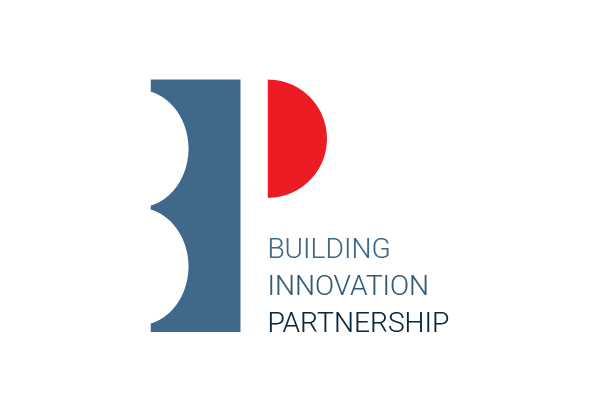The aim of theme one is to develop data driven insights into New Zealand’s Three Waters infrastructure. The research strands include:
- Development and implementation of Three Waters Asset Metadata Standards (the Code of Practice or CoP)
- Implementing the Data Quality Assessment Tool
- Building the National Pipe Data Portal (NPDP) as a component of a National Digital Infrastructure Model (NDIM)
- Implementing the Asset Information Specification (AIS) Tool
- Analysing residual life of pipes
- Further developing the Holistic Decision-making Framework for Three Waters
- Developing an Urban Flood Digital Twin
Review of Condition Assessment Techniques for Pressure Pipes for Water
Purvi Pancholy, University of Canterbury
This project investigated condition assessment technologies for water and sewer mains. The report provides an overview of the technologies that are available for in-situ pipe assessment as well as look to the future to provide insight into the technologies that are yet to be commercially available or are in early stage development. The report provides guidance to industry to select appropriate technology when investigating the condition of the pipe network.
Code of Practice (CoP) for Three Waters Pipe Assets
Purvi Pancholy, University of Canterbury
Greg Preston, BIP Manager
This page hold information related to the Three Waters Asset Data Standards. For more information contact Greg Preston: greg.preston@canterbury.ac.nz
National Pipe Data Portal (NPDP)
Greg Preston, BIP Manager
Theuns Henning, University of Auckland
The NPDP is a first step in integrating all of New Zealand’s infrastructure data into a single National Digital Infrastructure Model (NDIM). The NDIM will allow a completely different way of planning and managing our national infrastructure with major benefits for our well-being, economy and environment.
The NPDP is based upon the CoP. NPDP’s integrated data can be viewed geospatially, shared and analysed as a single dataset. The NPDP also allows the data quality information to be visualised.
Analytics on Residual Life of Pipes
Theuns Henning, University of Auckland
Mark Milke, University of Canterbury
This is a three-year project which aims to improve the models for estimating the useful life of waste water pipes. Current models are limited in their predictive capabilities with high levels of uncertainties some as large as 30 years. This means that asset management renewal or replacement decisions carry a very high degree of uncertainty which costs New Zealand millions of dollars in sub-optimal investment. By harnessing the power of larger data sets, this project will refine these models to provide significant cost savings and risk reduction.
Outputs coming soon.
Holistic Decision-making Framework for Three Waters
Theuns Henning, University of Auckland
This four-year research programme aims to develop a holistic framework that integrates long-term Māori decision making principles and Treasury’s Living Standards Framework and enables decision-makers to understand risk, resiliency, and capture long term infrastructure management and development for three waters. This research will provide a framework to transform investment decision-making, forecast future investment needs and performance outcomes considering a wider range of non-asset variables for three waters.
Working with the Waikato Regional Asset Technical Accord (RATA) and the Waikato Regional Council as well as national data sets from Stats NZ and Land Information New Zealand, the ultimate aim is to build a framework and digital model that will allow the investment scenarios to be tested and optimised at a regional level, leading better community and environmental outcomes.
Strategic Review of Procurement in Three Waters
Ross Waugh, Waugh Infrastructure Ltd
New Zealand has a mature infrastructure management sector that prides itself on procurement practice innovation. However, the various infrastructure groups are not all at the same level of development, and Treasury often signals opportunities for improvement in the procurement area, in particular for the water sector. In this project research has been carried out to investigate the current state of procurement practices in the Three Waters sector in New Zealand.
Urban Flood Digital Twin
Matthew Wilson, Geospatial Research Institute
New Zealand is prone to very high rainfall events which can have significant impact on infrastructure. This project aims to develop a ‘digital twin’ to automate that process of modelling pluvial and fluvial flood events in a small urban setting and assess the impact on critical infrastructure. Working in conjunction with a much large NIWA project Reducing flood inundation hazard and risk across Aotearoa/New Zealand the project focuses on simulating and validating flood scenarios in Kaiapoi, just north of Christchurch.
The project is a two-year research collaboration between the Building Innovation Partnership (BIP) and the Geospatial Research Institute (GRI). This two-year project is funded by BIP and Frontier SI with in-kind support from LINZ and NIWA.
Classifying Sewer Pipe Deterioration
Professor JE (Kobus) van Zyl , University of Auckland
Sewer pipe deterioration is driven by a finite number of root causes and processes. This work proposes a uniform classification system for deterioration that can be used for different purposes in the fields of gravity pipe deterioration and asset management. The proposed system is based on three top-level categories of failures, defects, and factors with subcategories based on functional considerations.
